Book Box: Best Book Club Reads of 2022
Seven Book Club reads to spark conversations and give you new ways of looking at the world
Dear Reader,
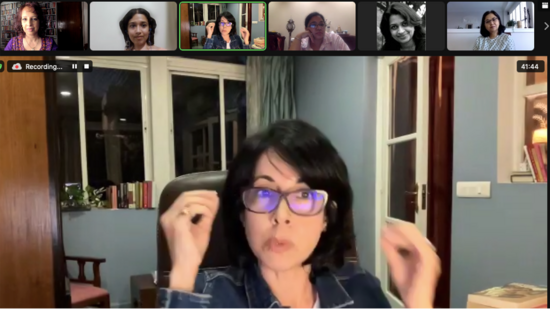
It’s mid December in Mumbai, with a whiff of the holidays, time to sit outdoors all weekend with book talk.
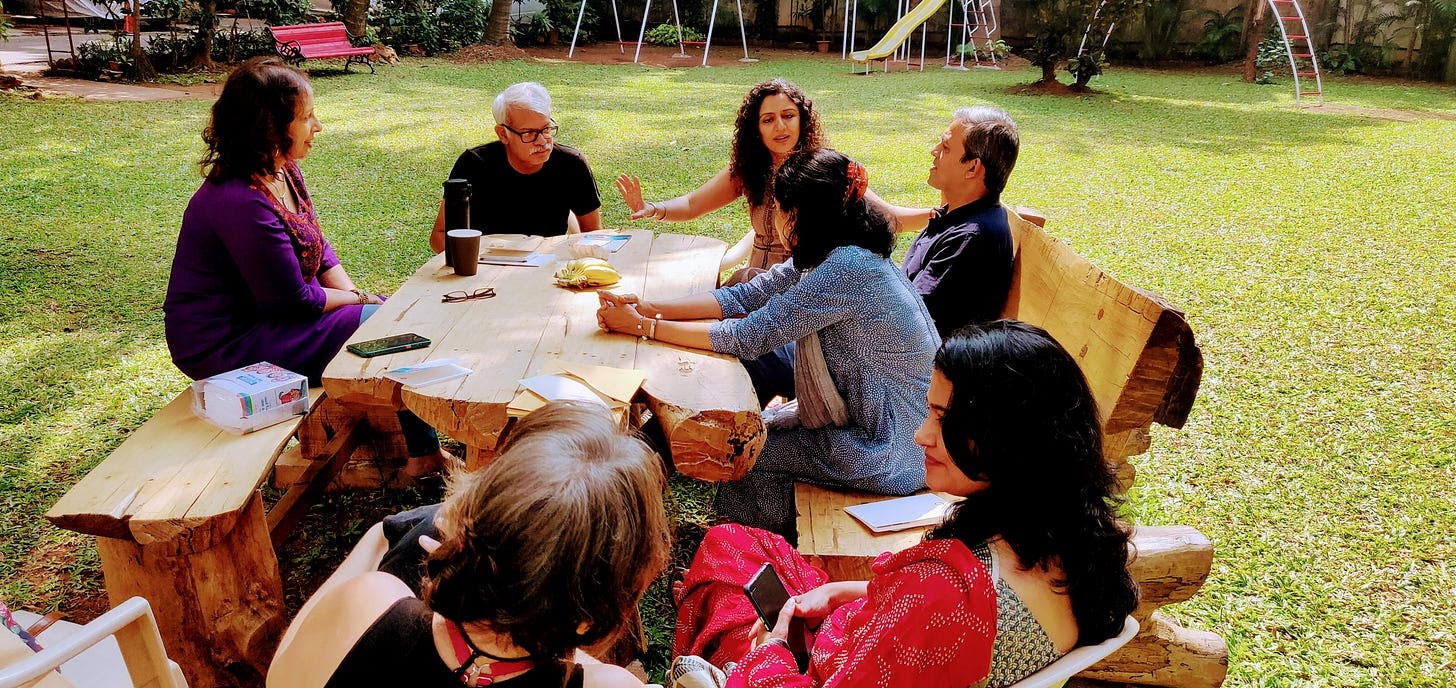
I read over a 100 books this year, listening to audiobooks on my travels, carrying books with me at all times, withdrawing into my Kindle whenever I was left waiting.
Mostly though, I read more because of book clubs.
Being part of a group, reading the same book to a deadline, helped me stay on track. Looking back, the books I remember most from 2022, are the books we discussed in book clubs. We debated character and motivation, argued about historical context, objected to inconsistencies, swooned over stylish prose and such like. And often, we ended up changing our opinion on a character or even on the book - ‘Hmm, you may have a point, I never thought of it that way..’
Sometimes, we were lucky to have an author join us, with backstories on the writing of the book- it was the ultimate insider perspective and made our discussions that much more dazzling. Most often though, it was us - and the book.
Of the thirty odd books we discussed in book groups, here are my top 7 - they include fiction and non-fiction, on history, geography, mental health, psychology and careers.
Book 1 of 7: Re-discovering History
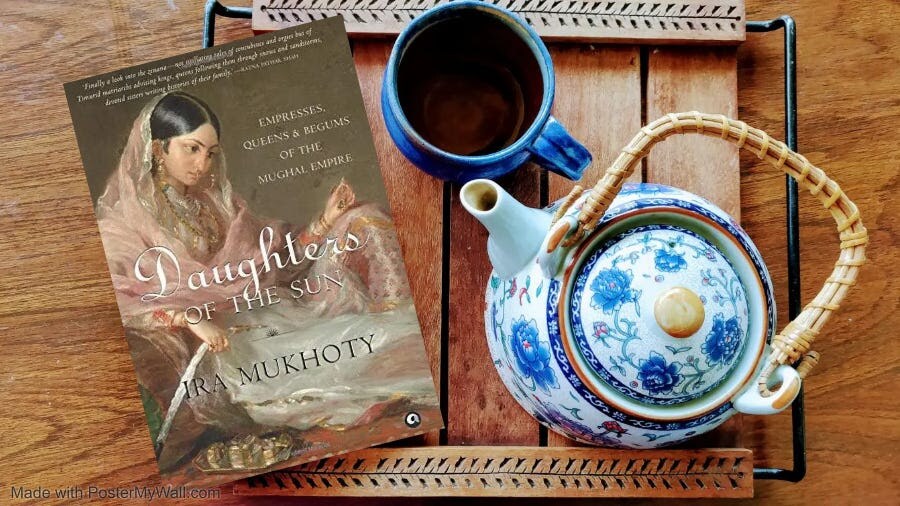
If only we could have read Daughters of the Sun earlier - our view of the world would have been different, we realise. We are grateful to read these stories now, to see a different picture of history, and of the Mughal households. It is a treat to talk to author Ira Mukhoty. She tells us how tough it is to unearth information about the Mughal princesses, trawling archives and examining art and illustrations to piece together their stories. From princesses, we go back to re-discovering other invisible worlds - like data on women in Invisible Women and even words in The Dictionary of Lost Words.
Books 2 of 7: Staying Prisoners of Geography
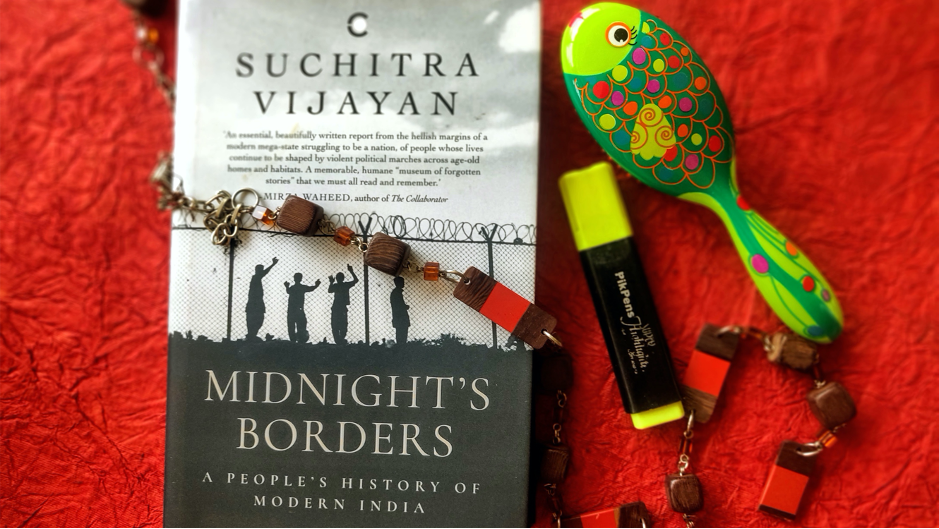
Midnights Borders is journalist Suchitra Vijayan’s 9000 km journey along India’s borders. It reminds us of how little, we in the mainstream, in metropolitan cities, know about our margins. The stories from the India Bangladesh border draw many of us in, specially those with family that go back to these borderlands. Some of our families don’t talk about where they came, maybe its painful, and makes this book even more of a revelation. Other geographies we are drawn to include the North East and Punjab.
Books 3 of 7 : Investigating Psychology
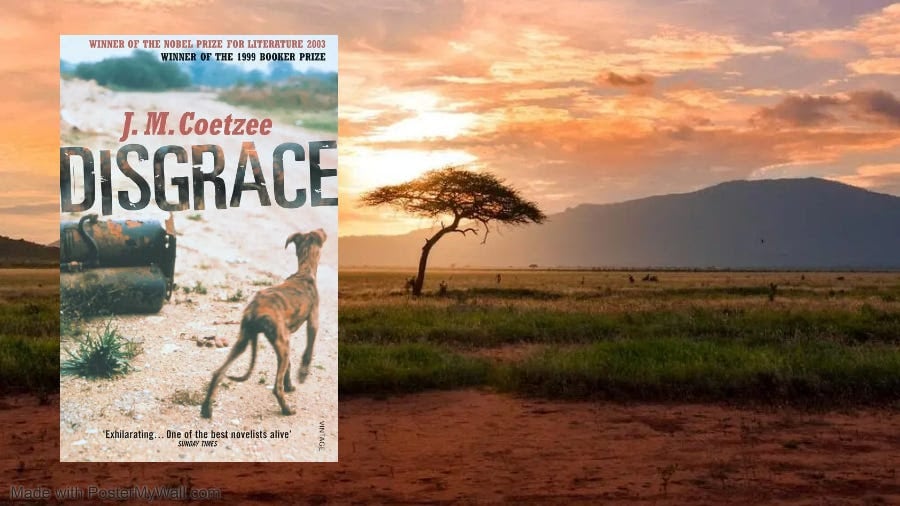
We revisit Disgrace. This literary classic is the story of David Lurie, a South African professor of English whose involvement with a student, costs him his career.
Times have changed. We have been reading She Said and Catch and Kill, exposes on movie moghul Harvey Weinstein. Will this 1999 publication still stand up to scrutiny, we wonder ?
Disgrace doesn’t disappoint us - maybe this is what classics are all about. It is written by a privileged white male, and we see how this affects the writing of the book. Yet despite this, it still manages to throw up so many issues for discussion - sexism, double standards, racism, white guilt and the territorial impulse that drives colonisation. In the intense discussion that ensues, we are startled to discover how unequally collective guilt works, as if we didn’t know it already. In the world of Disgrace, we move beyond the author’s main narrative to the margins. The books hero, the lurid David Lurie may be out of a job, but it’s the women who must bear the biggest brunt. These debates on character and motivation carry on to our next book - The Dutch House by Ann Patchett, a potent pastiche of patrimony and personality - add abandonment, birth order and bonding between siblings, for a deep dive into humanity.
Book 4 of 7 : Dealing with Inter-generational trauma
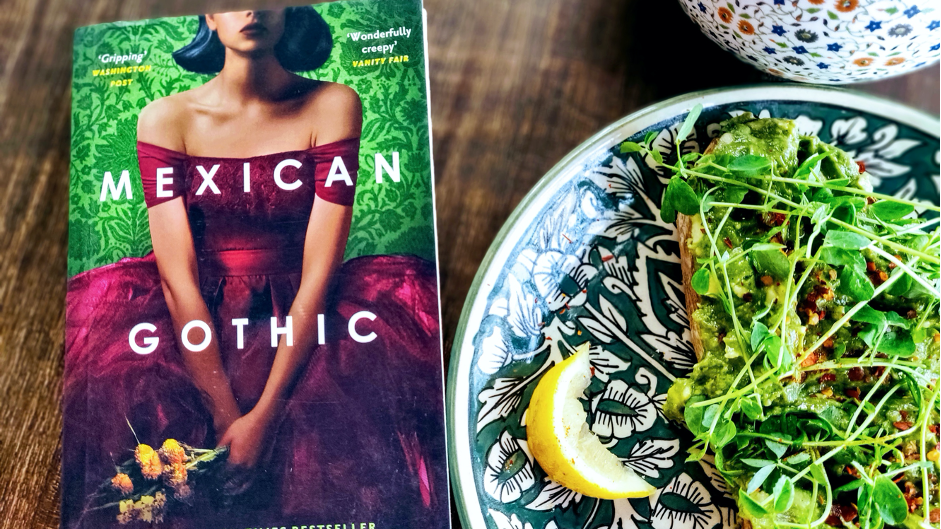
Horror writer Chandrima Das recommends we read Mexican Gothic. "Horror fiction has become niche, specially in India, but horror stories can offer us catharsis. They speak to the darker aspects of our belief systems, and can help us unearth and discuss the fears and issues that we experience as a society” she tells us.
Mexican Gothic is Rebecca meets Dracula, it has a propulsive plot and an eerie setting ad gives us much to think on. We see the effects of intergenerational trauma, and the costs of colonisation and patriarchy. Soon after we read Qabar, a novella translated from Malayalam, and power packed with magic realism and the supernatural.
Once we are schooled in intergenerational trauma, we see it everywhere- from the battle scarred histories of buffer states in Europe, like Ukraine and Georgia in The Eighth Life to the acclaimed fictional memoir On Earth We're Briefly Gorgeous.
Book 5 of 7: Finding Meaning in Translation
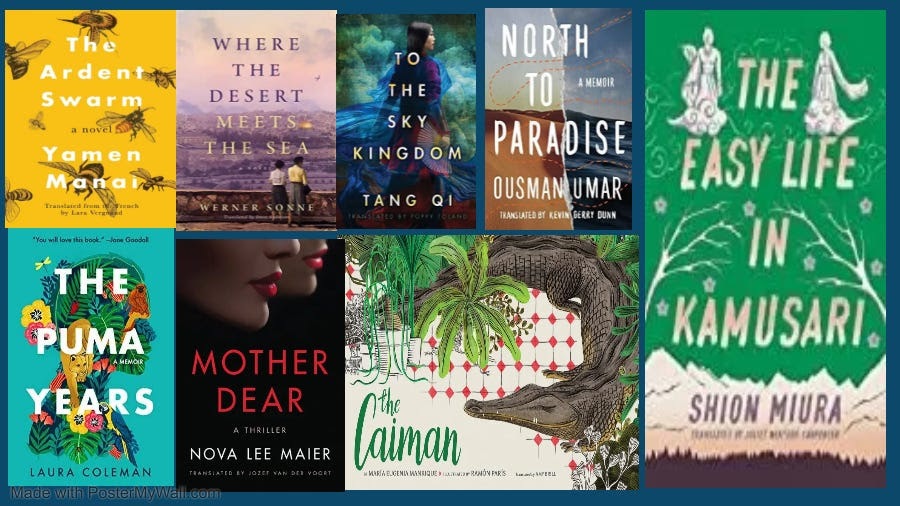
On International Book Day, we attempt to see the world in a different way. We divvy diverse books, each picking a separate story; a travelogue from Bolivia, historical fiction from Palestine, a tale from Tunisia etc. And then we compare notes. It feels liberating to listen to non-western voices and to encounter alternative styles of storytelling. Where the Desert meets the Sea set around the creation of Israel, is declared gripping. The Easy Life in Kamusari in a forest in Japan, is voted the best.
Book 6 of 7: Talking Taboos
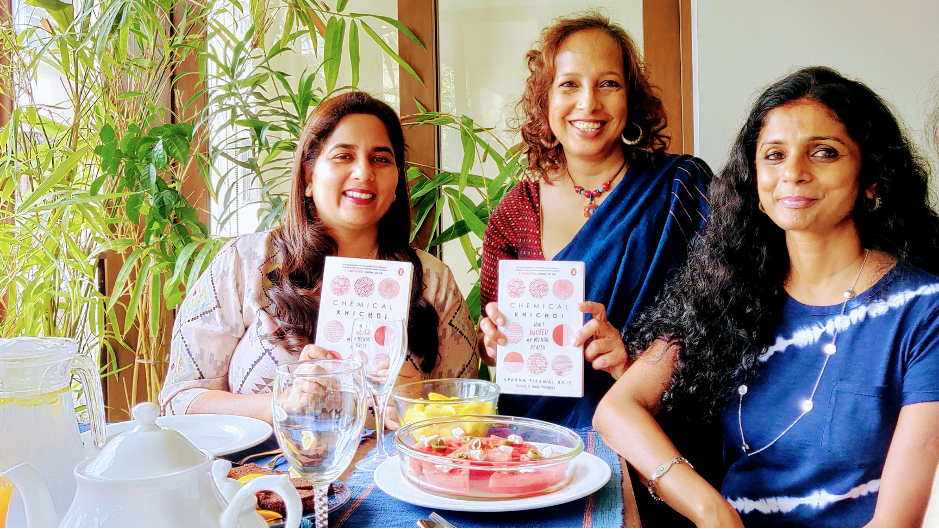
We follow up last years most discussed Maybe You Should Talk to Someone with a conversation with Aparna Piramal Raje, who writes about being bipolar and talks of the challenge of sharing this with the world. Her memoir Chemical Khichdi becomes a lighting rod, as we find it empowers us to share our own confrontations with mental illness.
Book 7 of 7: Conversations about Careers
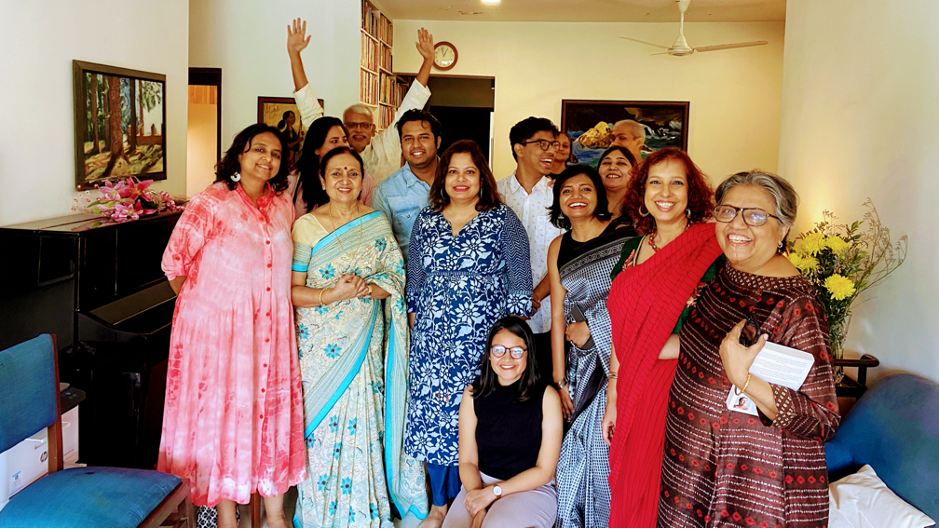
We listen to Manjari Jaruhar tell stories of her life, of the broken marriage that spurred her to meet Rao of Rao’s Study Circle, of cracking the UPSC public service exam to become a policewoman.
What was it like to be Madam Sir, a rare woman in a mostly male police force, we ask her? Who were her role models?
We concede the scarcity mentality, the superwomen and the imposter syndromes, and reflect and resolve on how to get ahead in workplaces designed for men, in conversations with Anita Bhogle whose Equal, Yet Different researches all of these pain points. These are discussions that could go on forever as stories spill over in sessions that send us back with resolves and reading lists.
***
Then, there were the books I did not finish (DNF). One was the International Booker Prize winner Tomb of Sand. I tried it twice, it felt too slow and I’d pick up another book in its place. Finally, I put it away, maybe for another day.
The Code Breaker by Walter Isaacson was another DNF - I simply couldn’t relate to its central character Jennifer Doudna, she felt shadowy and unsubstantial and the science dull and didactic. Instead I turned to The Gene by Siddhartha Mukherjee, savouring his conversational style of writing and his clever insights.
With these reads and DNFs, it’s a wrap. I’ll be back next week with racy reads - books to take refuge in when the lines get long and the family gets frazzled, or simply to soak in for a happy holiday feel.
Until then, Happy Reading!
Sonya Dutta Choudhury is a Mumbai-based journalist and the founder of Sonya’s Book Box, a bespoke book service. Each week, she brings you specially curated books to give you an immersive understanding of people and places. If you have any reading recommendations or suggestions, write to her at sonyasbookbox@gmail.com
The views expressed are personal
All Access.
One Subscription.
Get 360° coverage—from daily headlines
to 100 year archives.



HT App & Website







